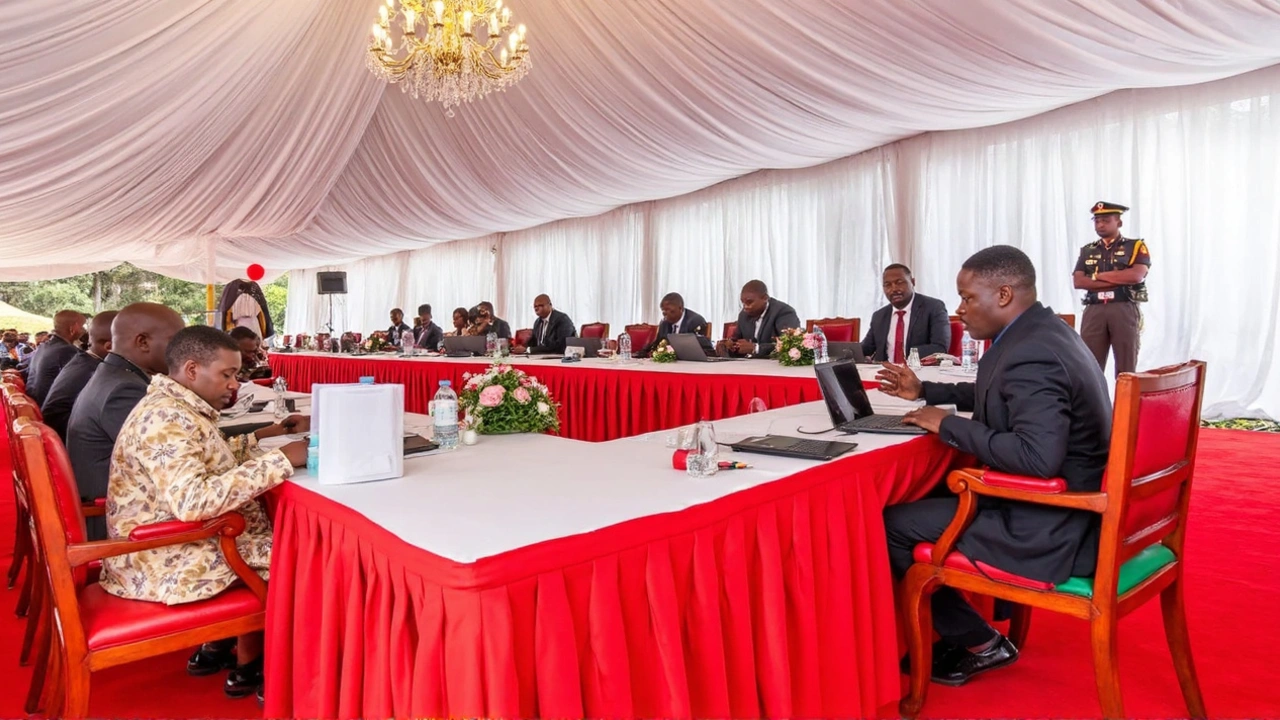When you run a SME, a small or medium-sized enterprise that employs fewer than 200 people and has annual turnover under R64 million in South Africa. Also known as small business, it’s often the backbone of local economies—but too many owners miss out on tax breaks they’re legally entitled to. The South African Revenue Service (SARS) lets you claim deductions for everyday business costs, but the rules aren’t always clear. You don’t need an accountant to start saving—you just need to know what counts.
Common SME deductions, eligible expenses that reduce your taxable income when filing with SARS. Also known as business expense claims, these include things like fuel for delivery vehicles, office supplies, internet and phone bills, and even a portion of your home if you work from there. If you rent a workspace, that’s deductible. If you buy tools or equipment for your trade, you can write that off too. Even training courses that improve your business skills qualify. The key is keeping receipts and linking every expense directly to income generation. SARS doesn’t care how small your business is—they care if you can prove it was necessary. Many owners think only big companies get tax benefits. That’s not true. A street vendor with a stall, a freelance designer working from their kitchen table, or a local mechanic with two bays all qualify. The challenge isn’t eligibility—it’s documentation. Without proof, SARS won’t approve it, no matter how legitimate it is.
There’s also the SARS, South Africa’s tax authority that enforces tax laws and administers deductions for businesses and individuals. Also known as South African Revenue Service, it’s the gatekeeper for every claim you make. They’ve tightened rules in recent years, especially around home office claims and vehicle use. But they’ve also made it easier to file electronically. If you’re using the eFiling system, you can upload scans of invoices and keep digital records. No need to stack paper files. And don’t wait until tax season to start organizing. Track expenses monthly. Use a simple spreadsheet or free app. The goal isn’t to maximize deductions at all costs—it’s to pay only what you legally owe.
Some business owners get confused between deductions and rebates. A deduction lowers your taxable income. A rebate is a direct refund after tax is calculated. SMEs get deductions, not rebates—unless they’re registered for VAT and claim input tax. That’s another layer. If you charge VAT on your services, you can claim back VAT paid on your own purchases. But you need to be registered. If you’re not sure, check your turnover. If you’re under R1 million a year, you don’t have to register. But if you’re close, it might pay to.
What you’ll find here are real examples from South African SMEs who got it right—and some who lost money because they didn’t. From contractors claiming tool depreciation to consultants writing off laptop upgrades, these stories show what works. No fluff. No jargon. Just what you can claim, how to prove it, and what SARS actually checks. Whether you’re just starting out or have been running your business for years, this collection gives you the facts you need to keep more of your hard-earned money.

Kenya's Finance Bill 2025, now greenlit by the Cabinet, targets tax efficiency and fairness. Unlike last year, the bill skips major new taxes, streamlines refunds, eases burdens for SMEs, and exempts pensions from tax, marking a major change in policy.